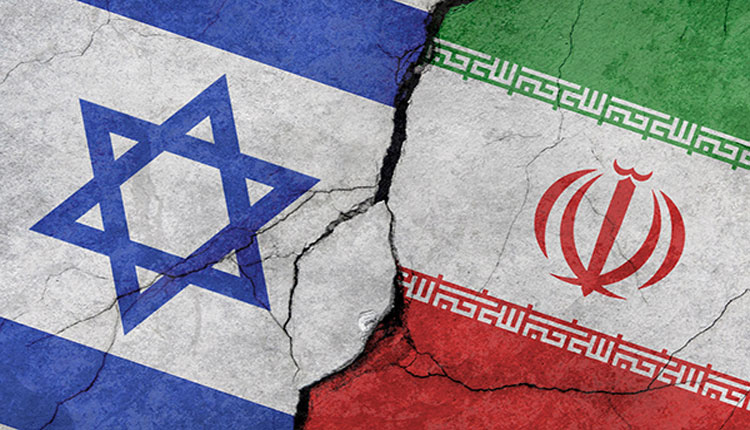Tel Aviv: In the aftermath of the death of Hamas chief Ismail Haniya, attention has turned to Mosab, the Israeli intelligence agency Mossad, renowned for its covert operations and targeted actions against Israel’s adversaries. This agency, often shrouded in secrecy, has a storied history of counterterrorism and espionage, making it one of the most formidable intelligence services in the world.
Mossad, which means “institute” in Hebrew, was officially established on December 13, 1949, under the name Central Institute for Coordination. Its creation was spearheaded by then-Prime Minister David Ben-Gurion, aiming to combat terrorism and provide Israel with crucial intelligence on foreign affairs. Initially operating in coordination with military intelligence, internal security, and the Ministry of External Affairs, Mossad was soon placed directly under the Prime Minister’s Office in 1951. This structural shift meant that the agency reported exclusively to the Israeli Prime Minister, granting it significant autonomy in its operations.
Reuven Shiloa served as the first director of Mossad, laying the foundation for its operations. His successor, Isser Harel, further transformed Mossad into an effective apparatus for counterterrorism, earning it the reputation of being a “killing machine” against enemies of the state. Over the years, Mossad has developed a robust framework for conducting foreign espionage, distinct from Israel’s other intelligence agencies: Aman, which focuses on military intelligence, and Shin Bet, responsible for internal security.
One of Mossad’s most famous operations was the long-term pursuit and assassination of individuals responsible for the 1972 Munich Olympics massacre, in which 11 Israeli athletes were killed by Palestinian terrorists. Dubbed “Operation Wrath of God,” this mission spanned two decades, demonstrating Mossad’s relentless commitment to justice and retribution.
Mossad’s methods are characterised by their meticulous planning and secrecy. Agents operate under false identities and employ a range of tactics to achieve their objectives. The agency recruits local informants and foreign operatives, leveraging a global network to gather intelligence and execute missions. This operational wing, often involved in what is known as “targeted killing,” undertakes the elimination of identified threats. All actions are typically conducted with the direct authorisation of the Israeli Prime Minister.
The agency also relies heavily on technology, utilising drones, satellites, and advanced cyber tools to monitor and track targets. This technological edge has become increasingly vital as Mossad expands its capabilities in cyber espionage and warfare.
Mossad’s shadowy operations and unwavering focus on eliminating threats have made it a central figure in Israel’s national security apparatus. The recent focus on the agency underscores its critical role in shaping Israel’s response to external threats, particularly in the volatile context of Middle Eastern geopolitics.
As Israel continues to navigate complex security challenges, Mossad’s operations remain a pivotal component of its national defence strategy, often operating behind the scenes to safeguard the nation’s interests.



Comments are closed.